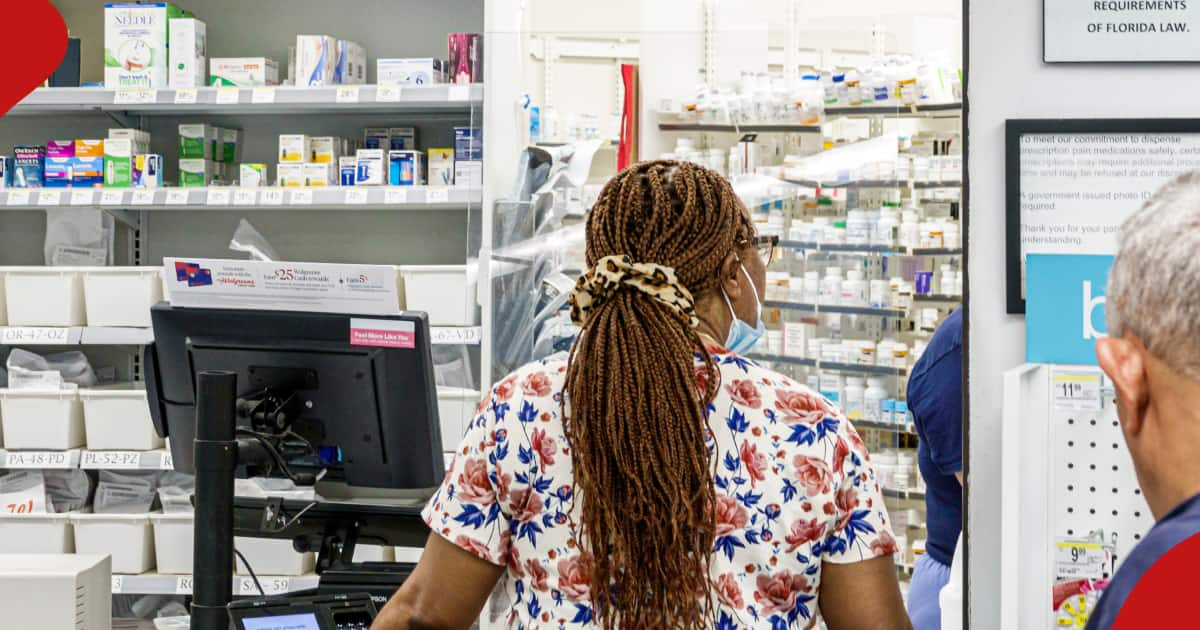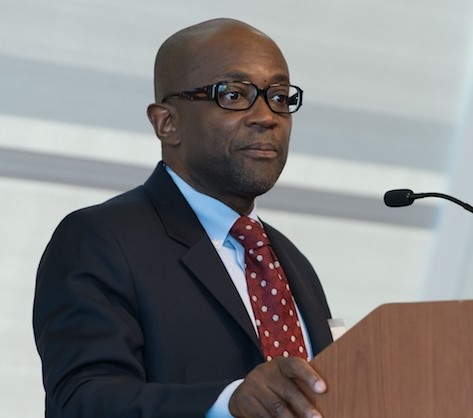




The Ghanaian government has launched an initiative to address difficulties in the private sector, attract more investment, and create jobs. The initiative aims to harmonize tax regimes, simplify business regulations, and enhance dialogue between the government and the private sector. The launch event was attended by various stakeholders, including business associations, financial institutions, and advocacy groups. The dialogue was held under the theme of 'Investment, growth and jobs' and was organized by the Ministry of Finance in partnership with the International Finance Corporation. The Deputy Finance Minister emphasized the importance of creating a suitable atmosphere for the private sector to prosper, as it would lead to increased employment and tax revenue. A Secretariat has been established at the Finance Ministry to address obstacles to business growth. The Senior Country Manager of the International Finance Corporation highlighted the need for regular dialogue between the government and the private sector to find solutions to economic challenges. The President of the Ghana Union of Traders Association called for reasonable and simplified taxes to promote compliance and business growth. [fd245e04]
The Inspector-General of Police in Ghana, Dr. George Akuffo Dampare, has encouraged event organizers in the country to schedule events throughout the year to boost the economy. He assured them that the police are ready to provide security for these events. The IGP emphasized the importance of tourism in driving economic growth and suggested holding major events across the country throughout the year. He also expressed the willingness of the police to collaborate with event organizers and the Ghana Tourism Authority to ensure the success and safety of these events. The Chief Executive Officer of the Ghana Tourism Authority expressed gratitude for the support of the police and appreciated the opportunity to interact and share experiences with them. [62cf029b]
Professor Yaw Nyarkoh, an economist, has called for efforts to make Ghana a West African economic hub to drive global investment into the country. He advises the government to boost the country's transport infrastructure, reintroduce a national airline, and make ports and road networks efficient. This would position Ghana as the go-to place for business and trade in West Africa. The economist cites the example of the United Arab Emirates, which became an economic hub by capitalizing on the Emirates airline. He recommends introducing technology in land rights and tenure systems, expanding warehousing, and increasing access to markets for farm products. He also suggests making the tourism sector vibrant and making visas easily accessible to businesses and people across the world. The economist believes that Ghana has the potential to be a major economic hub, connecting people and business across the world, by working closely with the private sector and leveraging its natural advantages. [e78a4afe]
A Ghanaian graduate who struggled with unemployment after completing university in 2015 became a shoeshine. In 2019, he ventured into coconut selling, saved over GH¢10,000, and wants advice on starting a new business with the remaining GH¢10,000. US-based Ghanaian business consultant Kwesi Nkrumah shares five ideas one can turn into a business with GH¢10,000: agriculture sector/farming, mobile home care services, teaching and tutoring, creating platforms for students, and mailing services merged with ride-hailing/okada services. [b89b7047]
To open a pharmacy in Kenya, several requirements must be met, including registering the business, presenting written applications for premises registration, and completing prescribed forms. Guidelines set by the Pharmacy and Poisons Board specify that only pharmacists with valid practice licenses are eligible to oversee registered pharmacy premises. Kenyans shared varied insights about investors who seek to invest in the pharmacy business without the necessary academic qualifications. The requirements to open a chemist in Kenya include: 1) Registered business, 2) Written application for premises registration, 3) Academic certificates of the superintendent pharmaceutical technologist, 4) Enrolment certificate by Pharmacy and Poisons Board, 5) Floor plan, 6) Recommended equipment, and 7) Reference books. Kenyans shared mixed opinions on starting a pharmacy business without proper qualifications, with some cautioning against it due to ethical considerations and the complexities and expenses involved. Others suggested partnering with a qualified pharmacist or focusing on other businesses. Additionally, Kenyans discussed businesses that can be started with KSh 80,000, with suggestions including poultry, clothes, and sheep-rearing businesses. [fc81cca8]